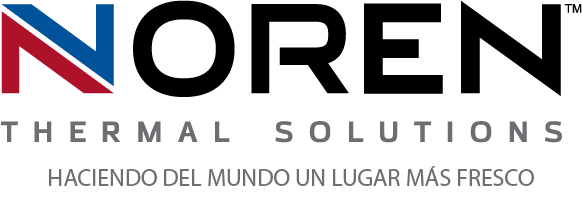The unprecedented power of today’s medical devices is a testament to the advancement in computing technology we’ve enjoyed over the last several decades. However, it has also been a particularly pressing challenge for thermal engineers tasked with developing thermal management systems that can keep up. On one hand, medical devices evolve by becoming smaller and… Read more »
Category: Medical Industry
The Role of Technology in Reducing Medical Costs
Today’s medical facilities are stocked with devices and technology that most of us can’t even name. For hospitals, providers, and medical device companies, most of that technology is designed with as much focus on improving patient care as it is on controlling the skyrocketing costs of health care. From high-performance diagnostic devices to large, complex… Read more »
Thermal Management Challenges for Medical Devices
Technology has revolutionized how every industry operates, and in many ways, that change is felt most potently in the medical field. From advanced imaging devices to laser diagnostics and surgery, nearly every aspect of health care has been streamlined and improved with the help of technology. To help propel this advancement, Noren’s experts have spent… Read more »
Cooling Medical Technology Better With Heat Exchangers
The performance of any technology is judged by its ability to operate smoothly and continuously. As one of the most consistent threats to that performance, electrical waste heat is a challenge no matter what the technology is used for. However, when it comes to medical equipment, properly operating technology is more important than in many… Read more »
How Do Heat Exchangers Help the Medical Industry?
The medical field is one of the most technologically advanced industries, and that technology’s performance is particularly important given their roles in caring for patients. Heat exchangers are an important part of maintaining technology’s performance, from small diagnostic devices to the servers that control a hospital’s systems. Efficiently controlling the waste heat that these systems… Read more »







